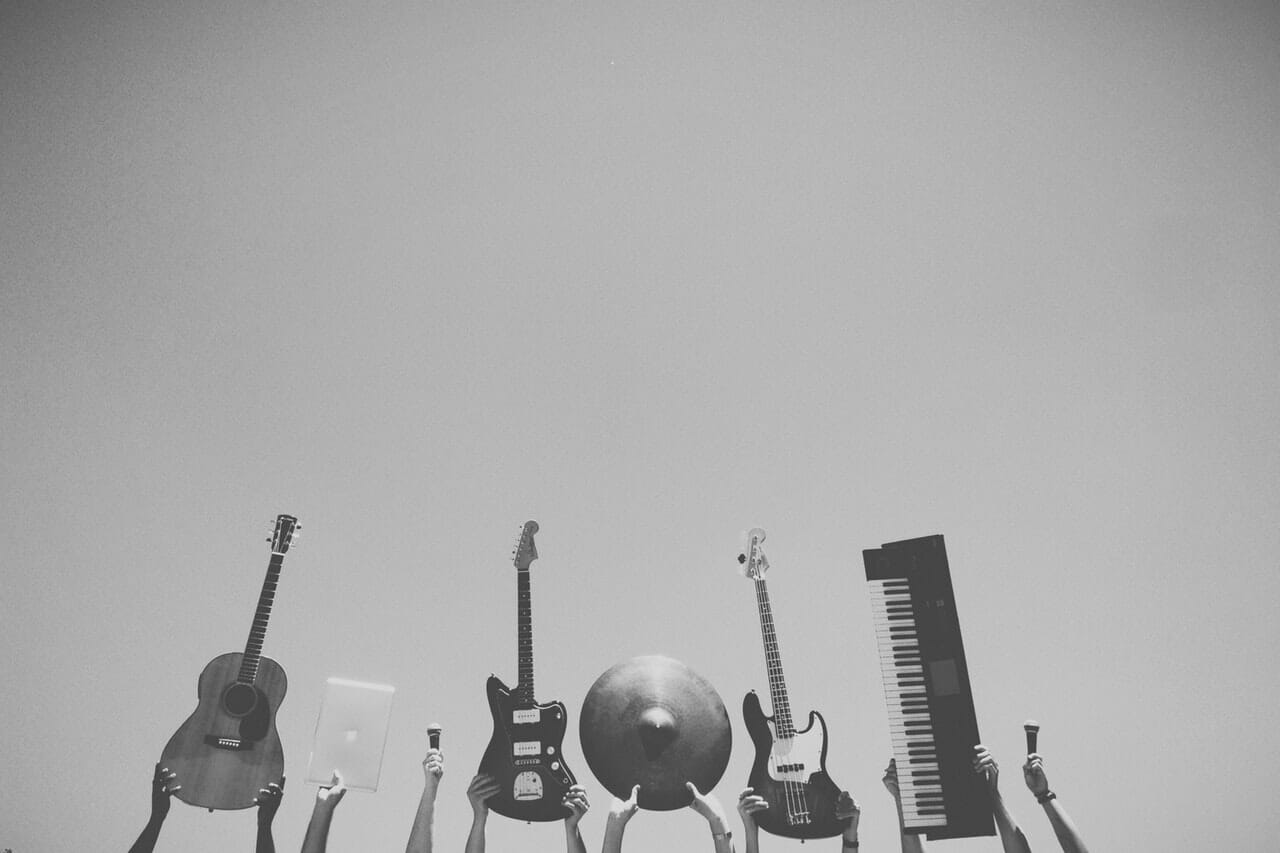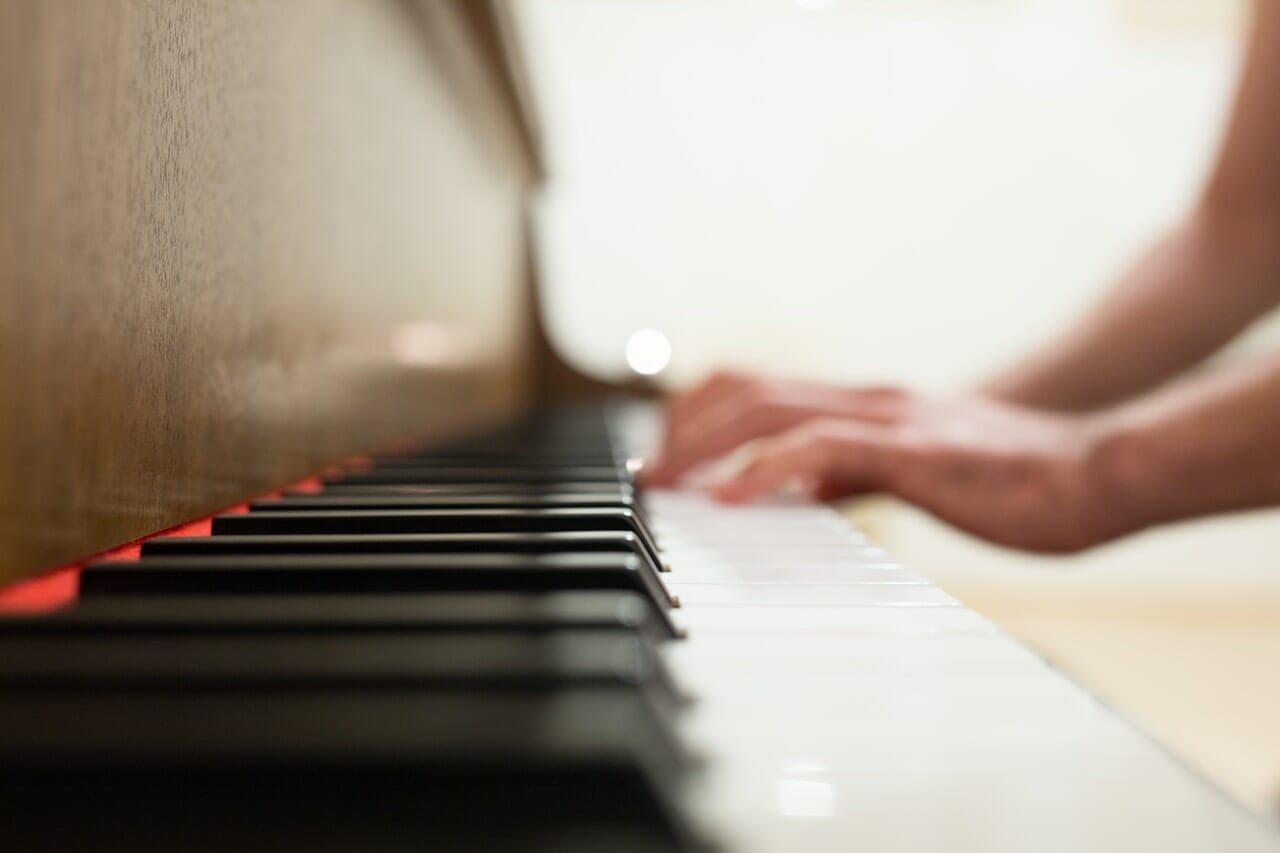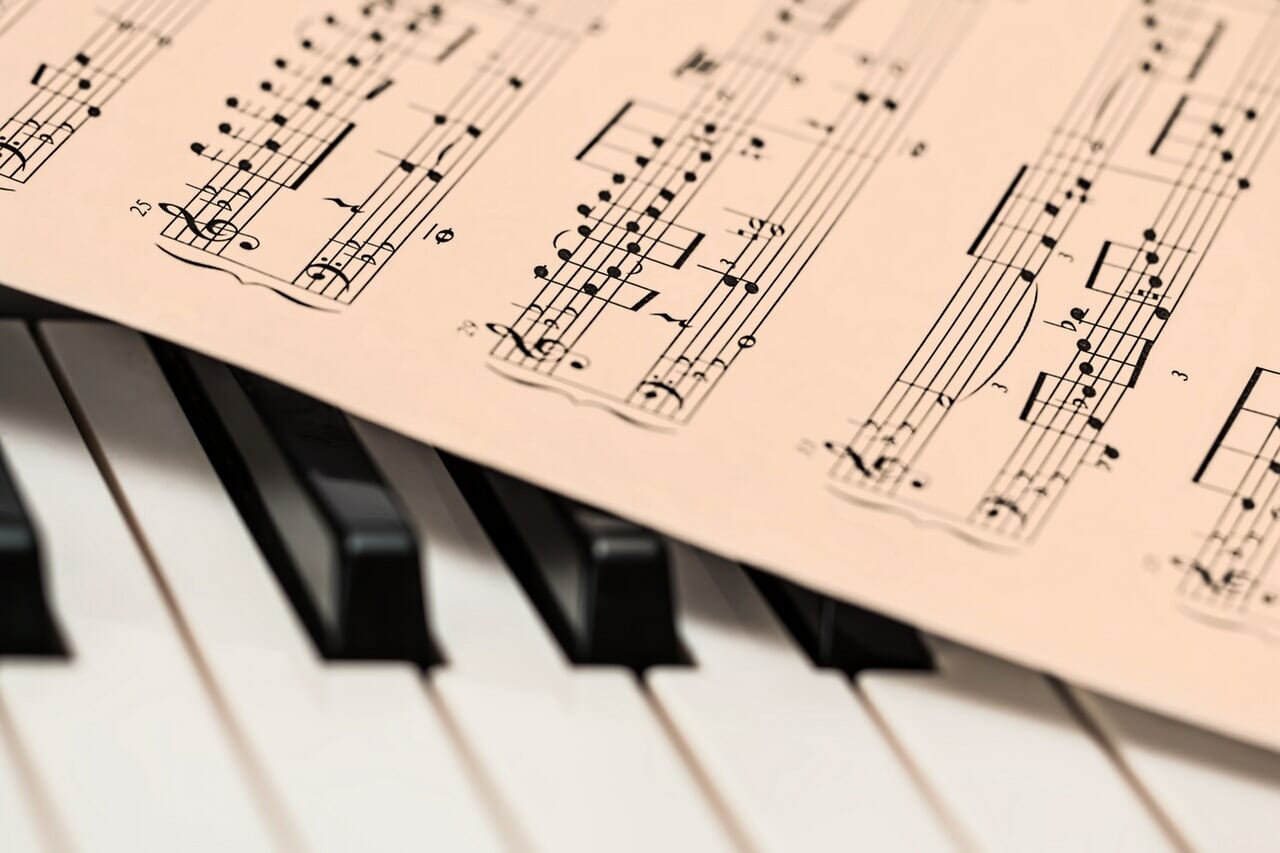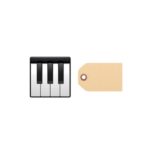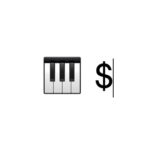At Chicago Piano Tuners, you might think we just love piano music but to tell the truth, we love all music! According to the National Piano Foundation, “Playing the piano has always added joy to people’s lives, but we’re just beginning to understand the full range of its benefits. When I play the piano, I am able to get away from the daily challenges. It’s like taking a mini-vacation. By the time I walk away from the piano, I am truly relaxed.” We agree and share the health benefits of music in this article.
De-stress with Music.
Whether you’re playing or listening, music is a great tool for de-stressing. Playing the piano has a therapeutic effect on those who are committed to it. As you develop your skills on the piano, it becomes a way to escape from all the other demands and stressors in life. Listening to music is also proven to lower blood pressure and eliminate stress. When we think of all the diseases today that are linked to stress, it’s not a stretch to say that playing the piano could save your life.
Focus your Attention.
Playing the piano increases your ability to focus as it personally demands your undivided attention. Until you have played a song perhaps a thousand times, you have to pay attention to the keys and the notes. It quiets your mind to the world around you. Quieting your mind is a wonderful health benefit of music.
Listening to music while working or studying is an essential part of the process for many people, but just any music is fit for this situation. Studies have been done to determine what kind of music improves the performance of specific tasks. On YouTube, playlists for studying are often composed of instrumental pieces, and there is a reason for that. One study resulted in the discovery of what is often referred to as The Mozart Effect, that supports that listening to classical music improves spatial reasoning.
Speaks to you.
Instrumental music speaks a language that cannot be put into words. Many people gravitate towards music because they have something internally that they need to release, be it sadness or anger or fear. Playing, or even composing a song on the piano, could help someone relay their message without having to speak. They feel a sense of release when they play the right notes or listen to the right song.
While music is beneficial, most people listen or play for enjoyment; the health benefits of music are an aside. It’s as if we know before we even fall in love with music, that this will be good for us. We know that we need the music, and we don’t question why.

